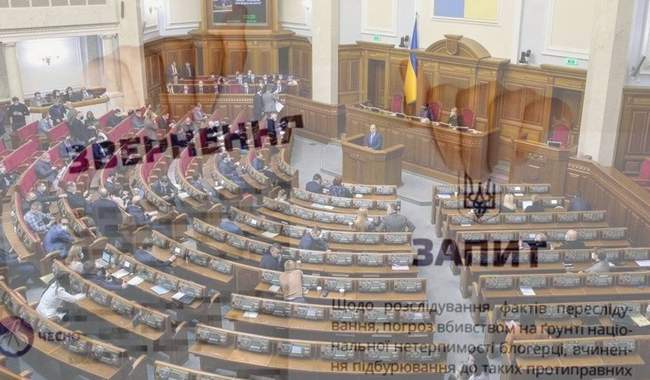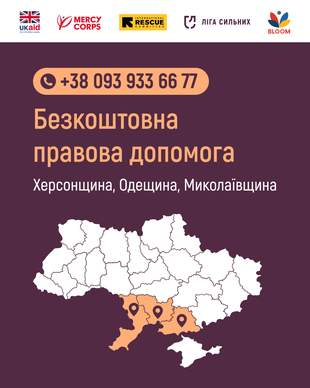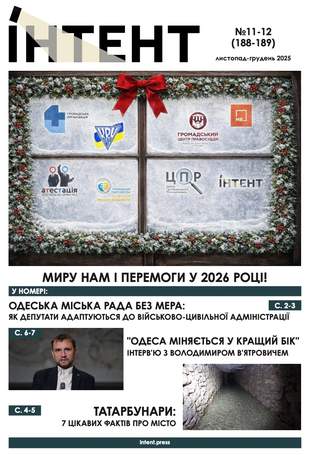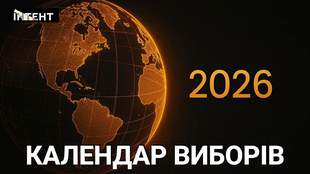Меню
Соціальні мережі
Розділи
Dec. 23, 2024, 7:29 p.m.
Odesa MPs are among the leaders in terms of the number of requests to the government and others
This article also available in English260

Photo collage: Intent
Two members of the Ukrainian parliament elected to represent the interests of residents of Odesa Oblast have submitted a total of 835 inquiries to various authorities, thus ranking first and second in the list of the 10 most active authors of inquiries in the Verkhovna Rada of Ukraine.
The list was compiled by analysts of the Chesno movement, who calculated that in total, over the five years of the ninth convocation, MPs have submitted almost 6,500 inquiries.
Most of the requests were sent in 2020 and 2021 - a total of 4,487. In the following years, there was a sharp decline: in 2022-2024, MPs sent only 970 requests.

The most frequent requests for information were made to Denys Shmyhal 's Cabinet of Ministers - 948 times, to Volodymyr Zelenskyi - 661 times, to Oleksiy Honcharuk 's Cabinet - 377 times, and to the Prosecutor General's Office under Iryna Venediktova - 217 times.
Oleksandr Tkachenko, a majoritarian from the Servant of the People party in Odesa, submitted the most requests. During this cadence, he sent 493 parliamentary inquiries, while the next in the ranking, also from the Servant of the People party, Ivan Shynkarenko, submitted 342 inquiries. The next highest number of inquiries were submitted by MPs from the European Solidarity party Iryna Herashchenko (271) and Maria Ionova (254).
Meanwhile, 69% of MPs have submitted less than 30 requests during their entire tenure. There are also MPs who have not filed a single parliamentary inquiry during their entire tenure.
In addition to inquiries, MPs can also send appeals. The difference is that an inquiry is an answer to an MP's question, while an appeal is a request to do something. In addition, inquiries are public - all of them are displayed in the MP's profile on the Verkhovna Rada website. And appeals are closed, which creates corruption risks.









